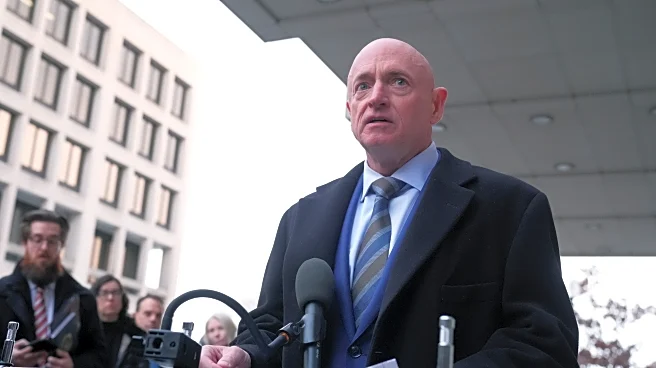What's Happening?
The Office of the Director of National Intelligence (ODNI) is considering significant reductions or closure of the National Counterintelligence and Security Center and the National Counterterrorism Center. This move is part of a broader restructuring of the U.S. intelligence community, affecting agencies like the FBI, NSA, and CIA. The changes have already impacted information sharing with international partners, raising concerns about increased espionage threats. The restructuring could hinder the U.S.'s ability to counter foreign intelligence operations, particularly those from China and Russia. The centers play crucial roles in coordinating counterintelligence activities and synthesizing information across agencies.
Why It's Important?
The potential downsizing of key intelligence centers could weaken the U.S.'s ability to respond to espionage and terrorism threats. This restructuring may lead to reduced coordination among intelligence agencies, affecting national security and international relations. The changes could also impact the U.S.'s ability to collaborate with foreign partners, potentially compromising efforts to counter cyber threats and foreign influence campaigns. The decision reflects broader challenges within the intelligence community, including budget constraints and shifting priorities under the current administration.
What's Next?
The restructuring may lead to further budget cuts and personnel reductions within the intelligence community. Congressional oversight and potential legislative action could influence the final outcome of these changes. The U.S. may need to explore alternative strategies to maintain effective intelligence operations and international partnerships. The situation could prompt discussions about the future of U.S. intelligence capabilities and the need for reforms to address emerging threats.











